BREATHE.
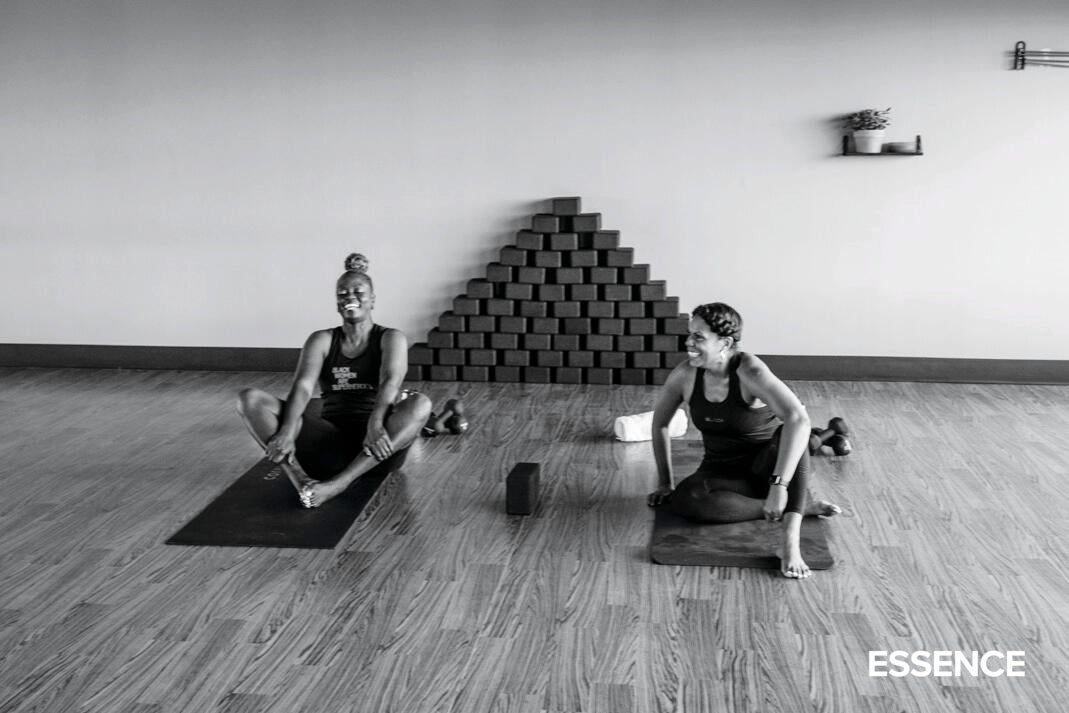
Whether you’re facing trials or triumphs, your state of mind can always benefit from the power of breathing. The practice of breathing is core to the practice of yoga—which has African continental origins and is at the center of how one of the highest-ranking Black women in a $100 billion Fortune 50 company does well with her wellness.
As the Chief Diversity and Inclusion Officer and Senior Vice President Talent and Change at the Target Corporation, Kiera Fernandez has a passion for equity, not just inclusion, in the workplace and marketplace. This is reflected in her efforts to ensure that Target’s team of over 400,000 reflects the representation of its millions of guests. The core of who Kiera Fernandez is aligns to her role at the corporation—where she has additional responsibility as a founding member of the retailer’s Racial Equity Action and Change committee, focusing on equity for Black team members, guests and communities. She hasn’t just led the efforts; she has had incredible results.
The mission she owns daily requires her to ensure she’s functioning in as close to optimal health as possible. A few years ago she discovered yoga—its origins and its benefits— and committed to practicing it and teaching it as well. Here, she shares how the practice of yoga not only keeps her connected to people, purpose and peace, but also fuels her continued ascension and success in the many roles she plays outside her professional life—as a mother, aunt, daughter, cousin, wife and friend.
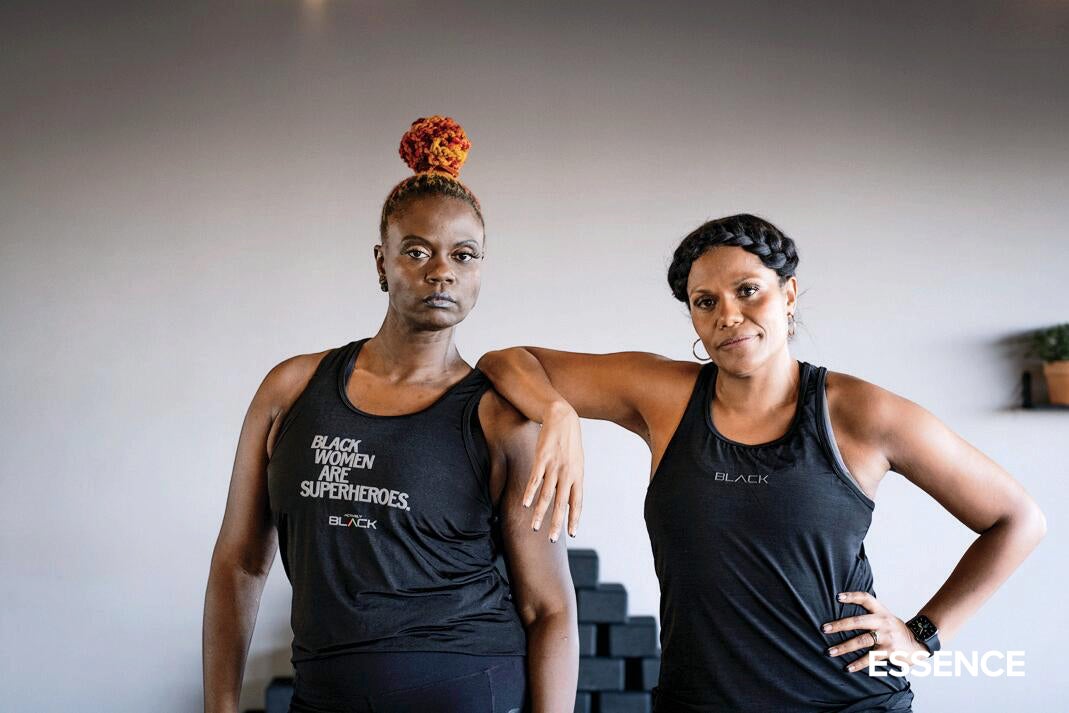
Caroline Wanga: Who is Kiera Fernandez?
Kiera Fernandez: From the day I came into this space, I was breathed into with deep life and affirmation that gave me confidence and courage. I grew up with both sets of my grandparents, [and they] had very different backgrounds. On my mom’s side, my grandfather is from Mississippi and my grandmother from Louisiana—so I had the very traditional Southern, African-American experience from the Jim Crow era, where they had to make hard choices and decisions about how they were going to be raised and how to raise their family. On my dad’s side, my grandmother is from Wisconsin, and my grandfather was born and raised in Hawaii. All these experiences create the sum total of the tapestry in which I was raised.
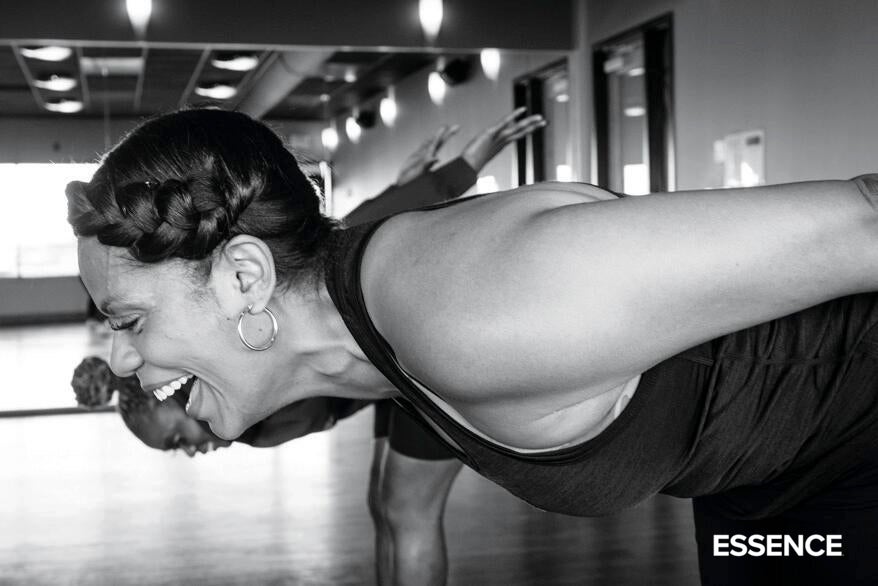
Wanga: Out of all your identities, there’s something different about how you feel about your Black identity and how it plays a role in the way you show up. Why?
Fernandez: We’re sitting in a yoga studio. When my grandmother Annie was my age, she wouldn’t be able to walk in that door. This wasn’t designed for her. That’s not my other grandmother’s experience. I know who I see in the mirror every day. I see a Black woman who was raised by a Black woman, who was raised by a Black woman. There are some people that have a multiracial background that, based on their optics, can make a choice. I know what I look like, and I know where I’m centered and where I’m from.
Wanga: What happens after childhood, in terms of where you choose to go to school; and how do you end up in Minnesota at Target?
Fernandez: My whole life I wanted to be a lawyer. I can remember watching L.A. Law, with female lawyers, and they were ballers. There was a really clear moment, though. My mom and most of her siblings, went to Arizona State. We went to the Rose Bowl one year, and Arizona was playing Michigan. They were playing the game, and I saw them run out with their helmets, and I thought that was awesome, and I was very excited about it—and that’s how I picked Michigan. And when I got there, I got a cultural immersion, being 45 minutes from Detroit and around other people with different experiences.
I’m on spring break one year, and I’m with my cousin Marcus at a job fair, and Target was there. I’m walking by and I say to the recruiter, “I’m sorry, I’m not interested in being a cashier.” And he said, “Well, do you have five minutes for me to tell you about the experience?” And he pulls out the magic ingredient, and it’s a paper that’s got a career path on it. And so I’m looking at this very sequential progress, and I’m like, Wow, that’s amazing. So we leave the job fair and go to the closest Target possible. And I walk in with a different set of eyes. I think to myself, I think I could work here. I think I could do this. The person that was on campus ended up being one of my store directors—that’s the way the universe works in tandem.
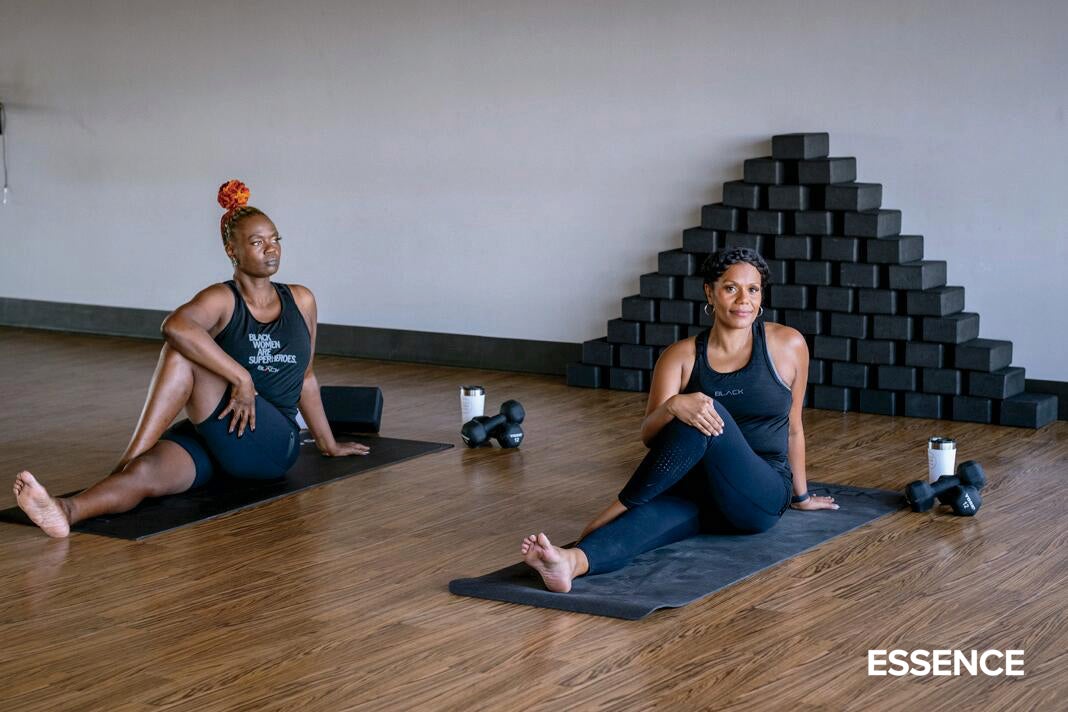
Wanga: One of the things that I know about you is that part of what helps you thrive is being healthy and well. You sit in a very high-ranking position in a very stressful job. You sit in the types of roles that have killed people. Literally. From heart attacks, strokes and so on. You’re the second-highest ranking Black woman in your corporation—and you have a full, active family, a full, active faith life and a full, active marriage. How do you stay healthy?
Fernandez: It’s a learned behavior. Because my mom, my sister and my dad were very active and athletes, I played sports. In my mind, I’ve always felt better when I was physical. But when you get into these jobs, the very first thing that falls by the wayside is your activity. You have to eat and sleep, but everything in the middle is negotiable, in theory. I remember a point where I said, “I’m so tired right now, and I don’t even know what to do.” So I decided I’ve got to figure out a routine.
My really good friend Courtney and my assistant now, Julie, were both telling me I should try yoga. And I said, “No thanks, not interested.” I had a perception of what yoga was. I said, it’s bad for your hair. It’s too slow. I’m an athlete and I need a real workout. And Julie said, “I have a real workout for you—go to this class.” I finally said, Okay, I’ll try it. And I did, and loved it.
I went and got all of these yoga books. And I discovered: What most Black women or people of color don’t know about yoga is that the practice is rooted in Asia and deeply rooted in Africa. Like so many other things, the perception of yoga has been appropriated. So if that’s what’s perpetuated for the masses, why would I ever believe that I ever belonged there? And I discovered it was the exact opposite.
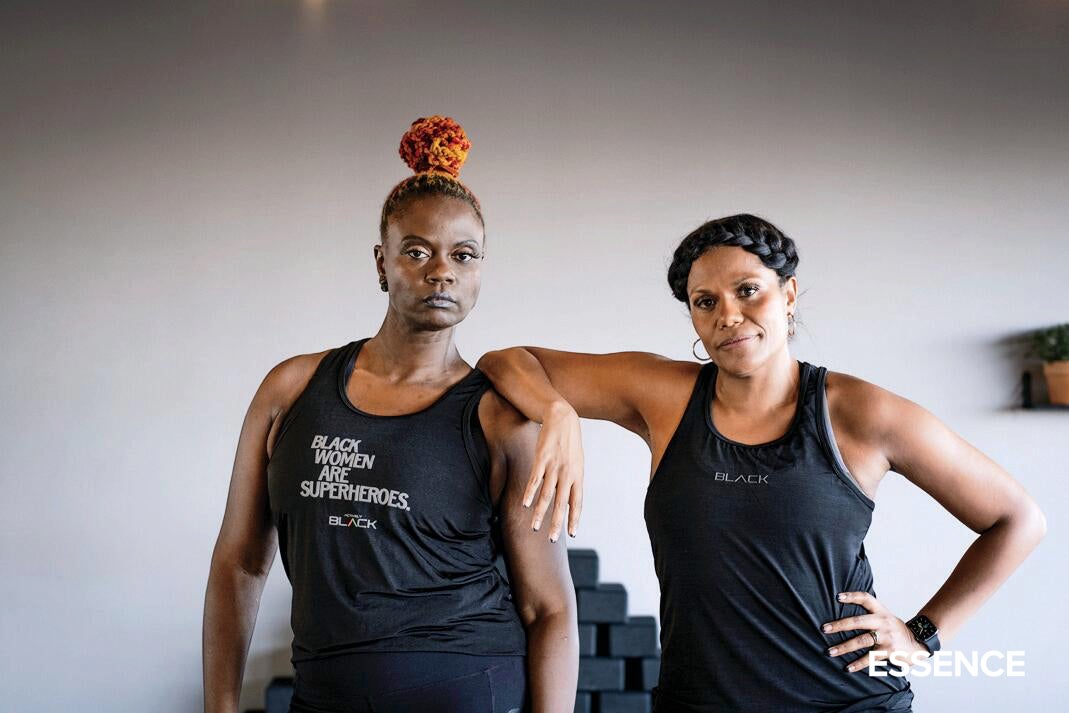
Wanga: What happened throughout your career that got you here?
Fernandez: This is actually where the real lessons came in. My career pathway to being a store team leader was fast, but the rest didn’t go how I thought it would. I expected that everything was going to be the same way, but that was not the case. Moving to headquarters was supposed to be an accelerant. I thought, I’m going to go learn how a corporation works, and then I’m going to come back into the field and do all these big jobs. And that’s not what happened. The path to where I am sitting right now had a whole bunch of traps and trick doors.
When I got into my new experience at the corporate location, I literally felt like I was working for a new company. The nomenclature was different, the acronyms were different—I felt like I was working for a new company, because I was. Everything about the experience was radically different. All this incredible onboarding that I had gotten when I worked in stores was not what I got when I stepped into this new role. You had to figure things out on your own. And I didn’t have anyone who could help me figure things out. My leader was great, and he was doing the best he could, but it was still really hard to make connections with people. I felt like an outsider. I remember I called my grandfather, who is my book of wisdom, and I told him, “It might be time for me to go somewhere else.” He asked, “Do you feel like you’re doing the right thing?” And I replied, “I do.” So he goes, “Well, if you feel like you’re doing the right thing, why are you going to leave?” And here I am today.








